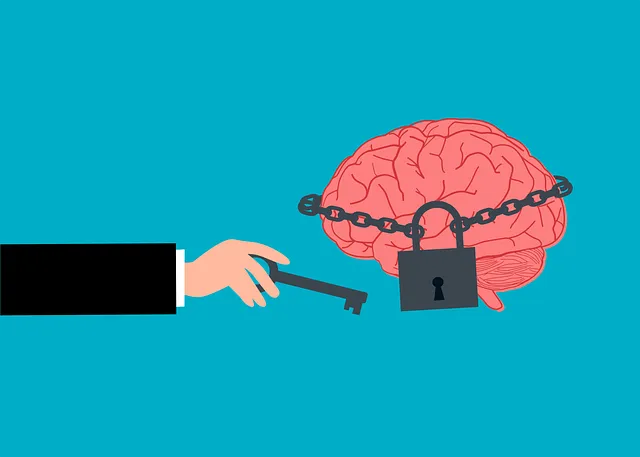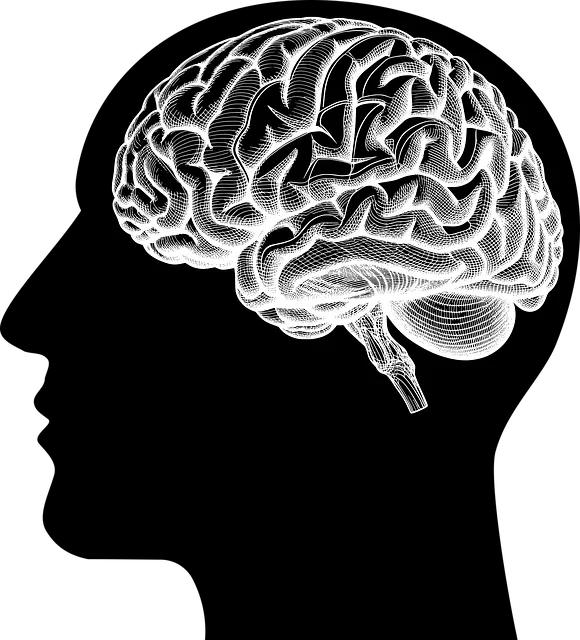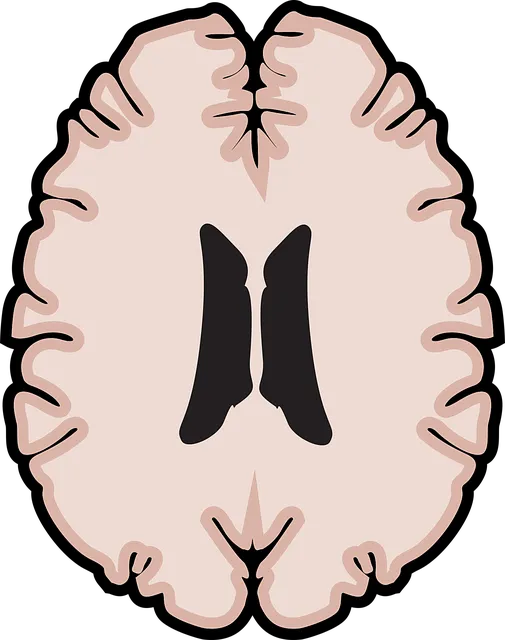Englewood Kaiser Permanente mental health center offers comprehensive stress reduction strategies, combining evidence-based practices like CBT and mindfulness with tailored programs such as Mental Wellness Coaching and Compassion Cultivation Practices. Physical activity, cognitive behavioral therapy (CBT), and social connections are emphasized for holistic well-being, promoting effective stress management and improved quality of life.
Stress reduction is a vital aspect of maintaining overall well-being, and Englewood Kaiser Permanente Mental Health Center offers valuable insights into effective strategies. This comprehensive guide explores diverse methods to combat stress, from mindfulness practices to cognitive behavioral therapy (CBT). Discover how simple techniques like physical activity and building social connections can significantly alleviate stress. Learn from the expertise at Englewood Kaiser Permanente to embark on a journey towards a calmer, more resilient mindset.
- Understanding Stress: Unraveling the Impact and Causes at Englewood Kaiser Permanente Mental Health Center
- Mindfulness Practices: Simple Techniques to Cultivate Calmness and Focus
- Physical Activity and Exercise: How Movement Can Act as a Powerful Stress Reliever
- Cognitive Behavioral Therapy (CBT): A Structured Approach to Managing Stress and Enhancing Well-being
- Social Connection and Support: Building a Strong Network for Stress Reduction
Understanding Stress: Unraveling the Impact and Causes at Englewood Kaiser Permanente Mental Health Center
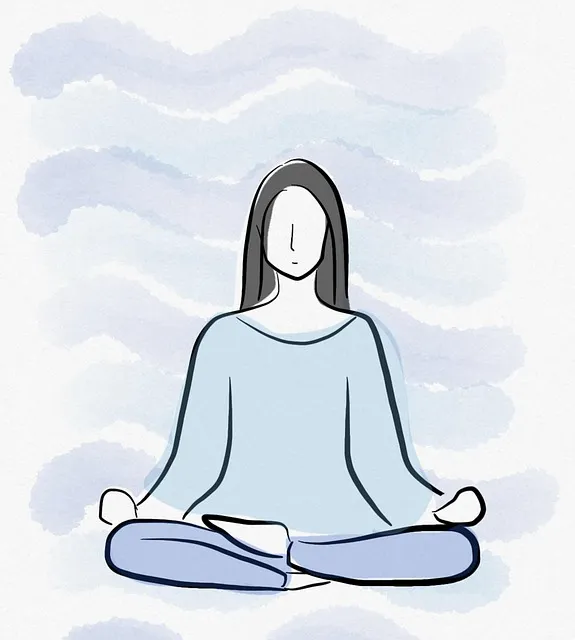
At Englewood Kaiser Permanente Mental Health Center, understanding stress goes beyond its surface definitions. Stress is a complex response woven into our daily lives, triggered by a myriad of factors that can range from work pressures and financial worries to interpersonal conflicts and even environmental stimuli. Recognizing these triggers is the first step in effective stress reduction. The center’s mental health professionals believe that unravelling the unique impact of stress on each individual is key to tailoring personalized strategies for long-term well-being.
Englewood Kaiser Permanente offers various programs designed to address the root causes of stress and promote mental wellness. These include Mental Wellness Coaching Programs focused on developing inner strength, and Compassion Cultivation Practices aimed at fostering a deeper sense of connection and understanding. By combining these evidence-based methods with individual therapy and support groups, the center empowers its clients to navigate life’s challenges with resilience and equanimity, ultimately enhancing their overall quality of life.
Mindfulness Practices: Simple Techniques to Cultivate Calmness and Focus
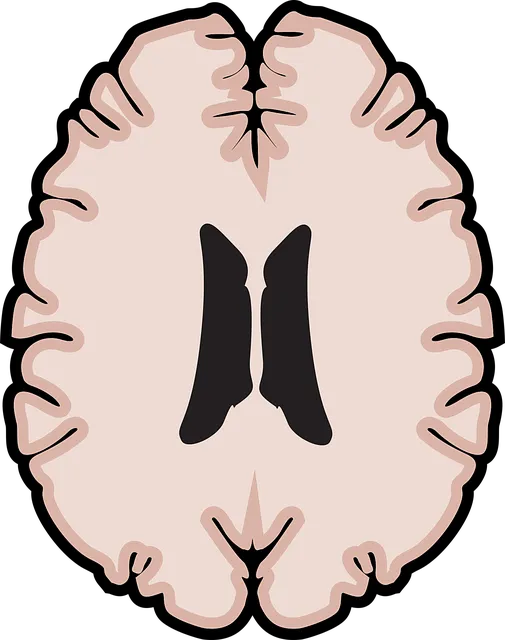
Mindfulness practices have emerged as powerful tools for stress reduction, offering simple yet effective techniques to cultivate calmness and focus in daily life. At Englewood Kaiser Permanente mental health center, experts emphasize that mindfulness is not about emptying the mind but rather bringing awareness to the present moment. This can be achieved through activities like deep breathing exercises, where individuals focus on the inhalation and exhalation, grounding them in the here and now.
Additionally, mindful meditation encourages observing thoughts without judgment, allowing for a greater sense of control over reactions to stressful situations. The center’s guidance emphasizes that regular practice, even just a few minutes each day, can significantly enhance mental well-being. By incorporating mindfulness into routines, individuals can better navigate challenges, leading to improved communication strategies and crisis intervention abilities, as demonstrated through the center’s Community Outreach Program Implementation initiatives.
Physical Activity and Exercise: How Movement Can Act as a Powerful Stress Reliever

Physical activity and exercise have emerged as a powerful tool in the arsenal against stress, offering a natural and effective way to combat its detrimental effects on both mind and body. At the Englewood Kaiser Permanente mental health center, experts emphasize the profound impact of movement as a stress reliever, going beyond mere relaxation. Regular physical activity stimulates the release of endorphins, often referred to as ‘feel-good’ hormones, which act as natural painkillers and promote an overall sense of well-being. This process not only reduces stress but also improves mood and enhances cognitive function.
The benefits extend further, especially when considered in the context of Mental Illness Stigma Reduction Efforts. Engaging in physical activity can foster a sense of control and empowerment, helping individuals manage their mental health proactively. Moreover, it serves as a form of self-care that complements traditional therapy and medication, contributing to a holistic Stress Management approach. Through advocacy for inclusive Mental Health Policy Analysis, centers like Englewood Kaiser Permanente strive to ensure accessible resources for stress reduction techniques, including physical exercise, thereby promoting overall community well-being.
Cognitive Behavioral Therapy (CBT): A Structured Approach to Managing Stress and Enhancing Well-being

Cognitive Behavioral Therapy (CBT) is a structured and evidence-based approach to managing stress and enhancing well-being. This therapy focuses on identifying and changing negative thought patterns and behaviors that contribute to stress, anxiety, and depression. CBT helps individuals understand how their thoughts influence their emotions and actions, empowering them to develop healthier coping mechanisms. At the Englewood Kaiser Permanente mental health center, CBT is a cornerstone of many treatment plans, offering a practical and effective method for navigating life’s challenges without succumbing to burnout.
By participating in CBT, healthcare providers can learn valuable burnout prevention strategies that extend beyond their professional settings. The emotional healing processes involved in CBT encourage individuals to challenge negative self-talk, practice mindfulness, and engage in activities that foster resilience. Moreover, many Stress Management Workshops Organization incorporate CBT techniques to help participants manage stress effectively. Through these structured interventions, individuals gain the tools needed to navigate life’s stressors with greater ease, promoting overall mental health and well-being.
Social Connection and Support: Building a Strong Network for Stress Reduction

Social connection and support play a pivotal role in stress reduction, as evidenced by research conducted at renowned centers like Englewood Kaiser Permanente mental health center. Building a robust network of friends, family, and peers can significantly buffer against life’s stressors. Engaging in open and honest communication fosters an environment where individuals feel heard, understood, and supported, thereby reducing feelings of isolation and anxiety.
At the Englewood Kaiser Permanente mental health center, professionals emphasize the importance of cultivating inner strength through social connections. This involves not only having people to turn to during difficult times but also developing the skills to navigate relationships effectively. Effective risk management planning for mental health professionals includes recognizing when to reach out for support themselves and creating a supportive community that promotes well-being. This holistic approach, focusing on both individual resilience and collective support, is key to achieving lasting anxiety relief.
Stress reduction is a holistic journey, and as demonstrated by the expertise at Englewood Kaiser Permanente Mental Health Center, various methods can significantly improve well-being. By incorporating mindfulness practices, physical activity, CBT techniques, and fostering social connections, individuals can navigate life’s challenges with enhanced resilience. These strategies offer a multi-faceted approach to stress management, encouraging folks to prioritize their mental health and cultivate a calmer, more balanced lifestyle.
